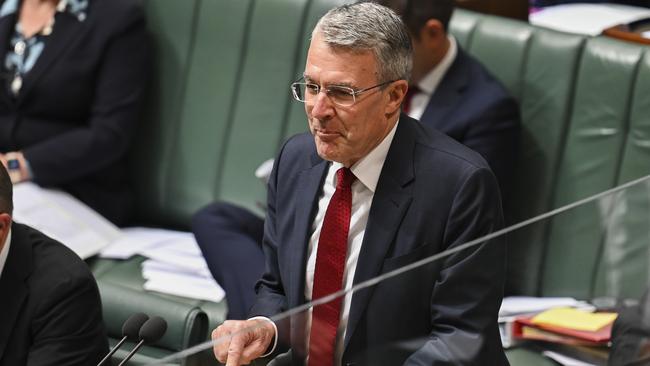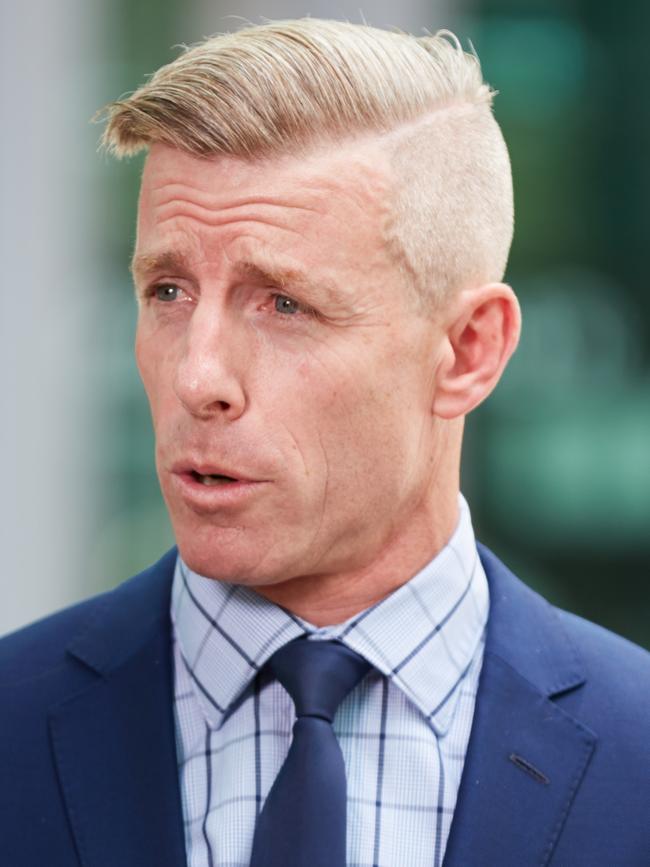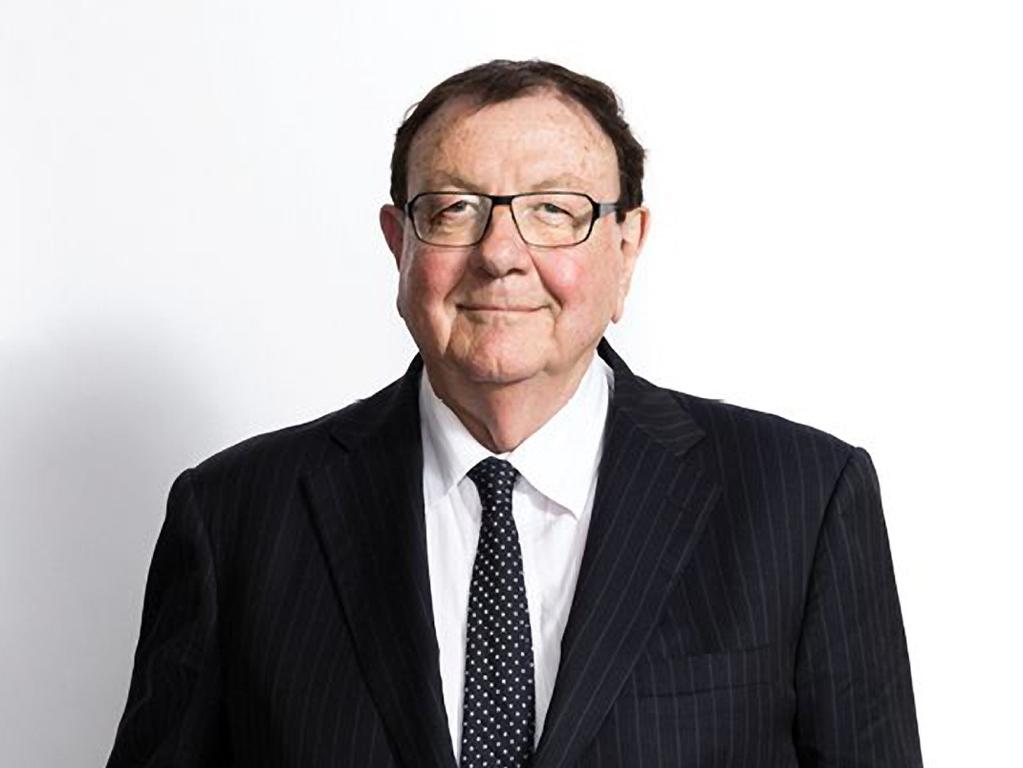Whistleblower loophole in NACC
The national anti-corruption commission will be able to tap journalists’ phones and conduct raids on newsrooms, if an “issuing officer” rules that the public interest relating to such surveillance is greater than upholding the freedom of the press.

The national anti-corruption commission will be able to tap journalists’ phones and conduct raids on newsrooms, if an “issuing officer” rules that the public interest relating to such surveillance is greater than upholding the freedom of the press.
There are fears that the apparent loophole in the NACC Bill could deter whistleblowers from approaching journalists, as there is no iron-clad guarantee that their anonymity will be protected under the legislation.
Below a subheading “Protection for journalists’ sources”, the Bill states that under the terms required for the issuing of a search warrant, the relevant officer “would be required to weigh the public interest in issuing a warrant, against the public interest in protecting the confidentiality of the identity of the journalist’s source”.
“The requirement to weigh up these competing interests in deciding a warrant application would ensure issuing must specifically turn their minds to the public interests associated with source confidentiality and the freedom of the press, and may only issue warrants where they are satisfied it is in the public interest overall.”
The Bill also states: “An additional test applies where a search warrant is sought in relation to a journalist or their employer and the material relates to the alleged commission of a secrecy offence by a person other than the journalist.
“In such circumstances, the public interest of issuing a search warrant must be balanced against the public interest in protecting the source’s identity.”
Australia’s shadow Attorney-General Julian Leeser said that “adequate safeguards” for journalists and their sources must be protected. “Corruption commissions have extraordinary powers, and it is therefore important that those powers are examined closely to ensure adequate safeguards are in place,” Mr Leeser said.
“It is important that the joint select Committee hears from people who have had experience dealing with corruption commissions, including journalists, about the application of those powers and what further safeguards may be needed to protect individual rights and freedoms.”

Media and litigation lawyer Justin Quill said: “I’m always concerned when parliament passes new legislation that may infringe even further on journalists’ rights and their capacity to protect sources and uncover malfeasance.
“The devil is in the detail of this legislation and it’s unclear to what degree the rights of the press are affected.”
A spokesman for Attorney-General Mark Dreyfus said: “It’s worth noting there are 72 separate references to journalists, all of them about protecting journalists and their sources. This Bill offers more protection to journalists than any law enforcement bill ever.”
According to Labor, journalists and their employers will not be required to do anything under the Bill that would disclose the identity of an informant or enable that identity to be ascertained.
The NACC Bill, as it relates to journalists, covers those working in a professional capacity.
“Indicators that a person is working in a professional capacity as a journalist include regular employment, formal qualifications, adherence to enforceable ethical standards and membership of a professional body,” the Bill states.
A spokesman for the Media, Entertainment & Arts Alliance union declined to comment.






To join the conversation, please log in. Don't have an account? Register
Join the conversation, you are commenting as Logout